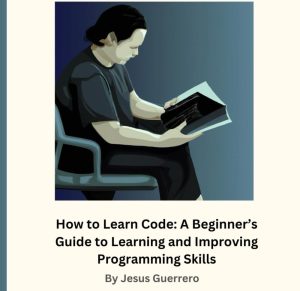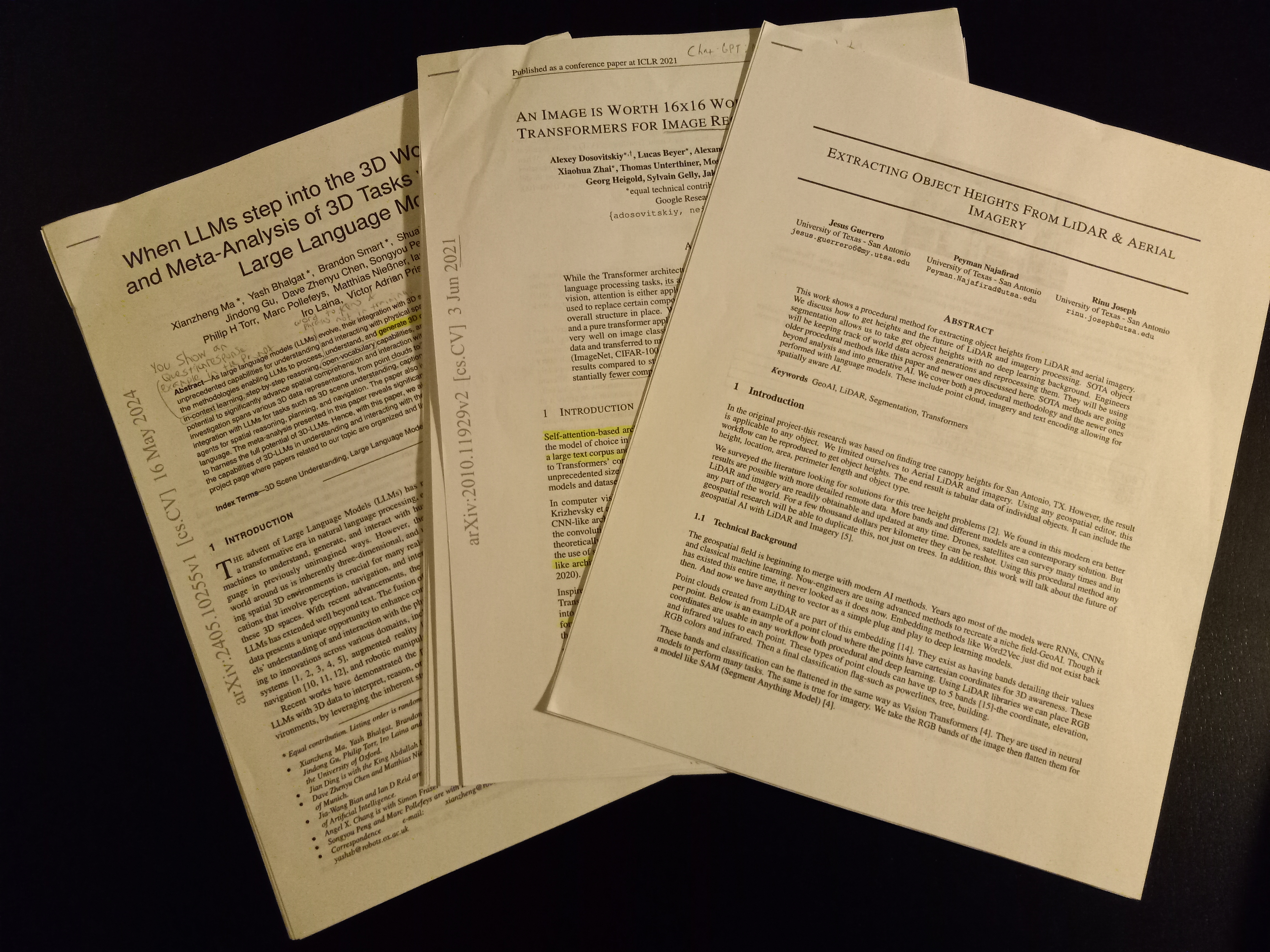I want to introduce you to an idea. It defines a specific practice among the best developers. This is the secret sauce as to how to become your best developer.
It is a concept as old as civilization. Let’s define it in a word-“project fodder”. But I am going to apply it to programming. The idea is to implement code by progressively overloading complexity. But wait-don’t skip this chapter! Keep reading or you will miss it.
There is something special about programming. When you overload complexity your current skill set won’t be sufficiently rewarding. The difference between programming and other skills is that the grand majority of your production will not be seen by others.
If you are doing it right-you will not naturally fulfill your desire for reward . This is the toughest part about programming. The fact that we receive little to no reward at the forefront but toward the end we are mass producing projects.
Project fodder therefore is source code without any external reward. They are programs which won’t be seen and no one will care about.
Think of it this way-imagine you are at the gym. No one sees you weight lifting. No one sees the routines and daily 2 hour commitments. But in 3 months what do you and your peers eventually see? The programming skills, the increasingly complex projects, the muscles.
Your expectancy should be to throw away projects. Projects that have zero benefit but improve your skills in tremendous ways. Writers do this, public speakers do this, artists do this, every craftsman requires this type of work.
Table of Contents
How To Build Skill
Let’s compare building skill in programming with building skill in writing. The more you write content the better writer you become. But what does it mean to be a good writer?
Quantity X Quality = Production
There is this golden rule of writing-that you first have to write 1 million words before you finally start writing at those highly effective and efficient levels that are among the top authors.
You start with only being able to write 300 words in a day, writing slightly more every day. Even at 1000 words per day 1 million words would be 1000 days or about 2–3 years of writing daily.
Every 100,000 words the author produces more words and of higher quality. Eventually you become capable of writing 3000+ words per day with amazing clarity in great quantity and quality.
You quantity and quality increases over time.
At the very end of writing 1 million words that is when the true journey of good writing begins….

Programming requires this mindset. You must write code. And you must write more code. And more…. What do you think happens to those million words the writers put together?
Writers throw away the majority of it…
Of their many writings you only see their best works and as they write more and more-their written works become the best they have ever done. So project fodder will be the same. It will be thrown away and you keep the skills.
What Happens When You do this?
Eventually however the respect, wealth & power that comes from being an excellent developer should come as a side benefit to your ultimate skill as a programmer.
Among your million words or 10,000 fodder projects you will find there will be best works which finally make the cut to be noticed. The incentives of implementing code should be divorced from the actual writing of code and instead you should develop a love for the game itself.
In What Order Should I learn?
I highly recommend treating project fodder the same way you treat writing or weight lifting. Create a list of content/fodder which you will code up. Take a look at this:

This is my blogging schedule. Future ideas/”fodder” are on the right and completed content is on the left. Start small and create a future list of projects which you will create. Also make sure to stay in one or two niches, framework or language at a time.
Once you finish a project add it to the left and put it on GitHub…
A disclaimer-programmers do exactly what I am listing here. Instead of using an excel sheet and a project fodder listing-they use their intuition to naturally choose and overload their skills.
Inside their intuitions are these basic listings. They do commit to project fodder and they have a mental list of what they are going to create next. And they do this for years!
That is what they mean when they write passionate programmer in their social media bio. They are going through their daily fodder in the exact same way above.
Me personally I keep a fodder list-pick and choose then delete the ones I have completed. I don’t keep a list of previously finished tasks.
Anywho, I hope you learned something…
CTA: Check out my book on learning code
Happy coding!
Resources
The first million word rule: https://www.davidryanbooks.com/blog/first-million-words




